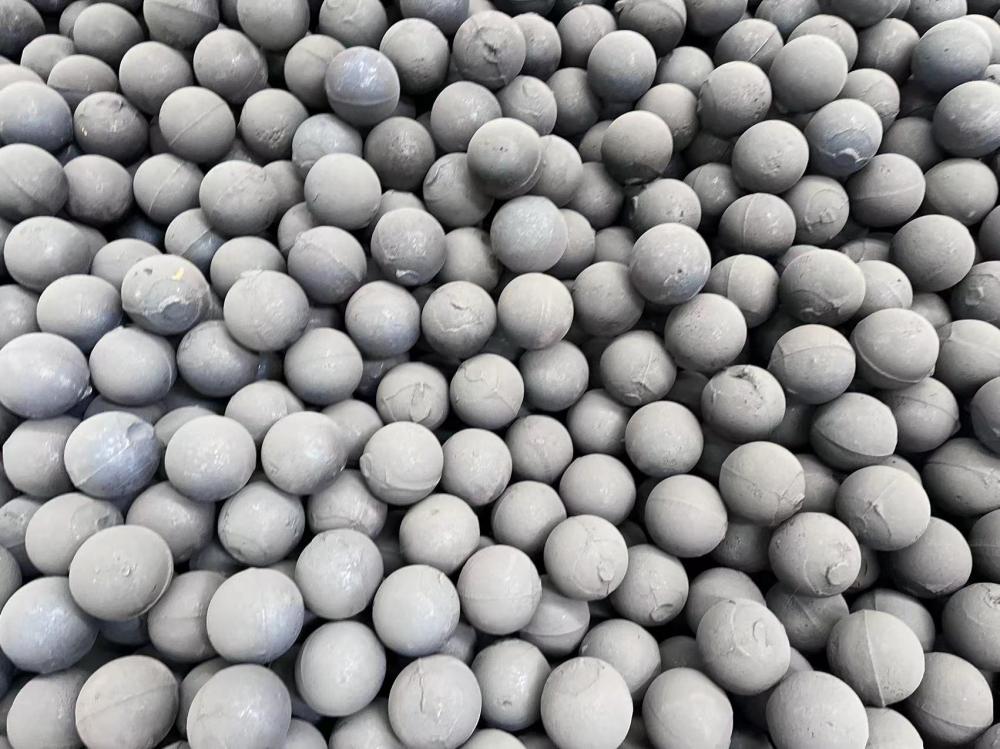Wear Resistant Cast Steel Ball
Advantages of cast chrome alloy balls include:
1. Cast chromium alloy ball has excellent wear resistance and can maintain a long service life under high wear environment.
2. Cast chromium alloy ball has good corrosion resistance, can resist the erosion of a variety of chemical substances, suitable for a variety of corrosive media working environment.
3. Cast chromium alloy ball has high hardness, can resist greater impact and pressure, is not easy to deformation and damage.
4. Cast chromium alloy ball has high tensile strength, can withstand large tension, not easy to break.
Wear Resistant Cast Steel Ball,Wear-Resistant Steel Balls,Wear Ball,Metal Cast Steel Balls Xuzhou Surun wear-resistant material Co., LTD , https://www.suruntools.com
China-EU tomorrow to negotiate photovoltaic disputes
The Chinese-EU photovoltaic dispute may be heading toward a resolution after a series of intense negotiations. At yesterday’s regular press conference held by the Ministry of Commerce, spokesperson Shen Danyang confirmed that China and the EU are now engaging in active dialogue at multiple levels, from industry representatives to technical experts. This indicates a renewed effort to address the ongoing trade tensions.
China and the EU have agreed to hold the 27th China-EU Economic and Trade Mixed Commission in Beijing on June 21, with the aim of addressing various economic and trade issues, including the solar panel dispute. The meeting is seen as a critical step in resolving differences and finding a mutually acceptable solution.
Shen Danyang emphasized during the press conference that while it was challenging for both sides to come together, he believes that China and the EU will continue to value their economic partnership. “We do not support linking this issue to anything else, and we cannot take retaliatory actions under the guise of revenge,†he said.
Earlier this month, the European Union announced a temporary anti-dumping duty of 11.8% on Chinese photovoltaic products. The two sides are now working to negotiate price commitments before August 6. If no agreement is reached, higher anti-dumping duties could be imposed. In response, China recently launched a "double anti-dumping" investigation into EU wines, which many analysts see as a countermeasure. Reports also suggest that China might soon initiate an anti-dumping probe into EU high-end car imports, raising concerns about a potential trade war.
Despite these developments, both sides have shown signs of moving toward a more moderate approach. Since June, Chinese government officials and industry representatives have been in frequent contact with the European Commission regarding price commitment talks. China has consistently maintained its stance that trade disputes should be resolved through negotiation, and this policy remains unchanged.
As the situation continues to evolve, the outcome of these discussions will likely shape the future of Sino-European trade relations, particularly in the renewable energy sector. Both parties seem to recognize the importance of maintaining stability and avoiding further escalation. Whether this leads to a lasting agreement or merely a temporary pause remains to be seen.